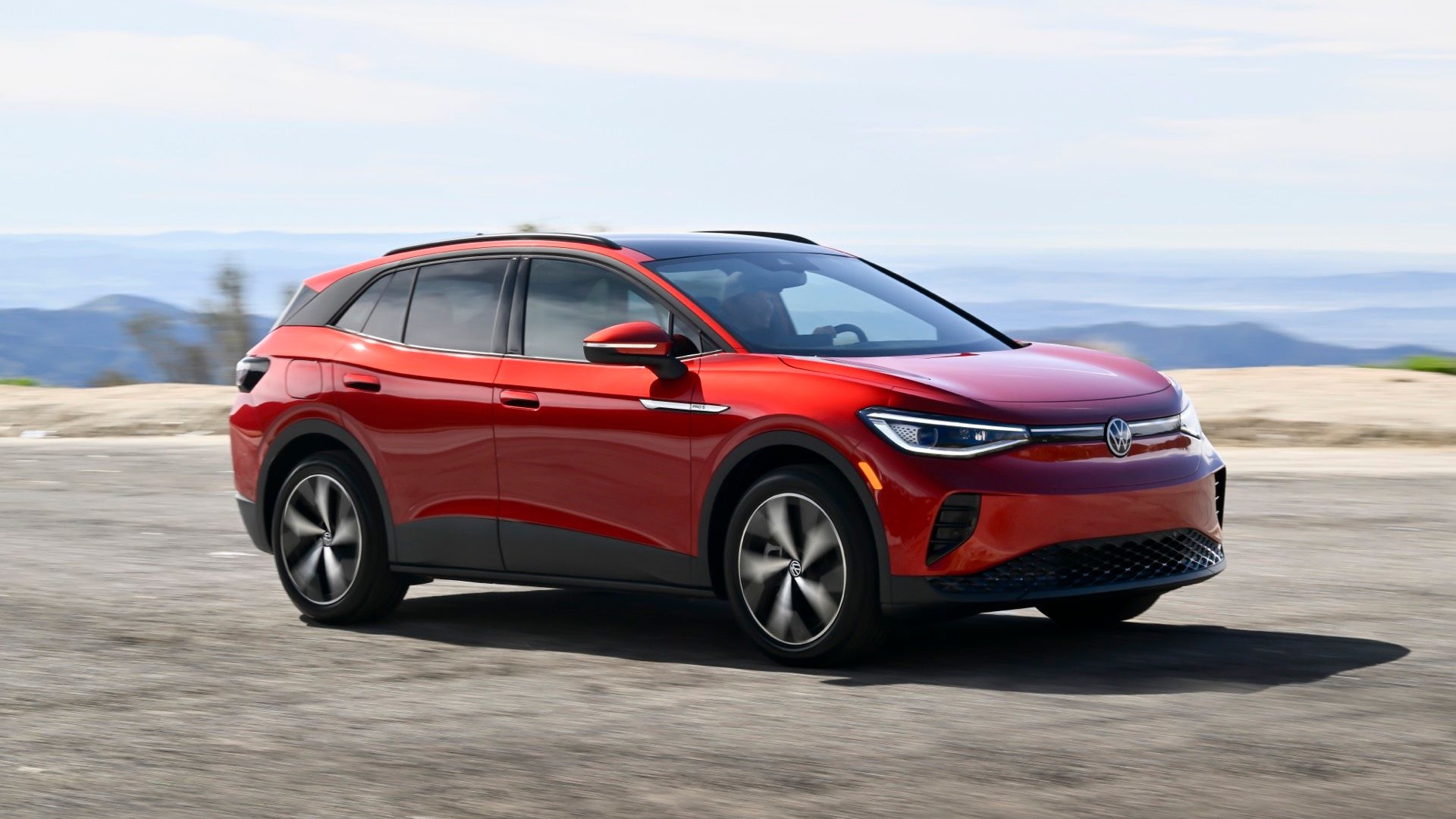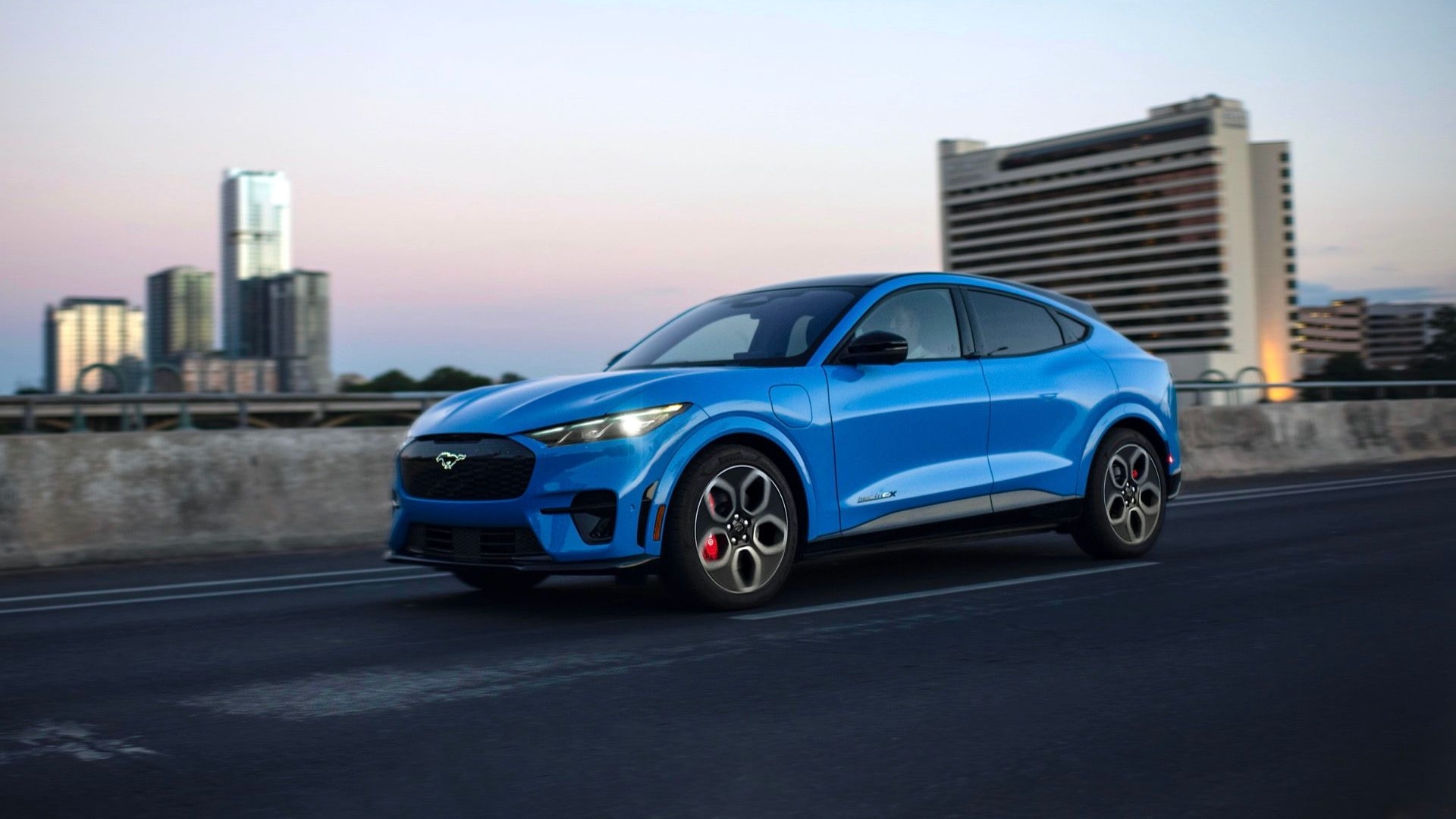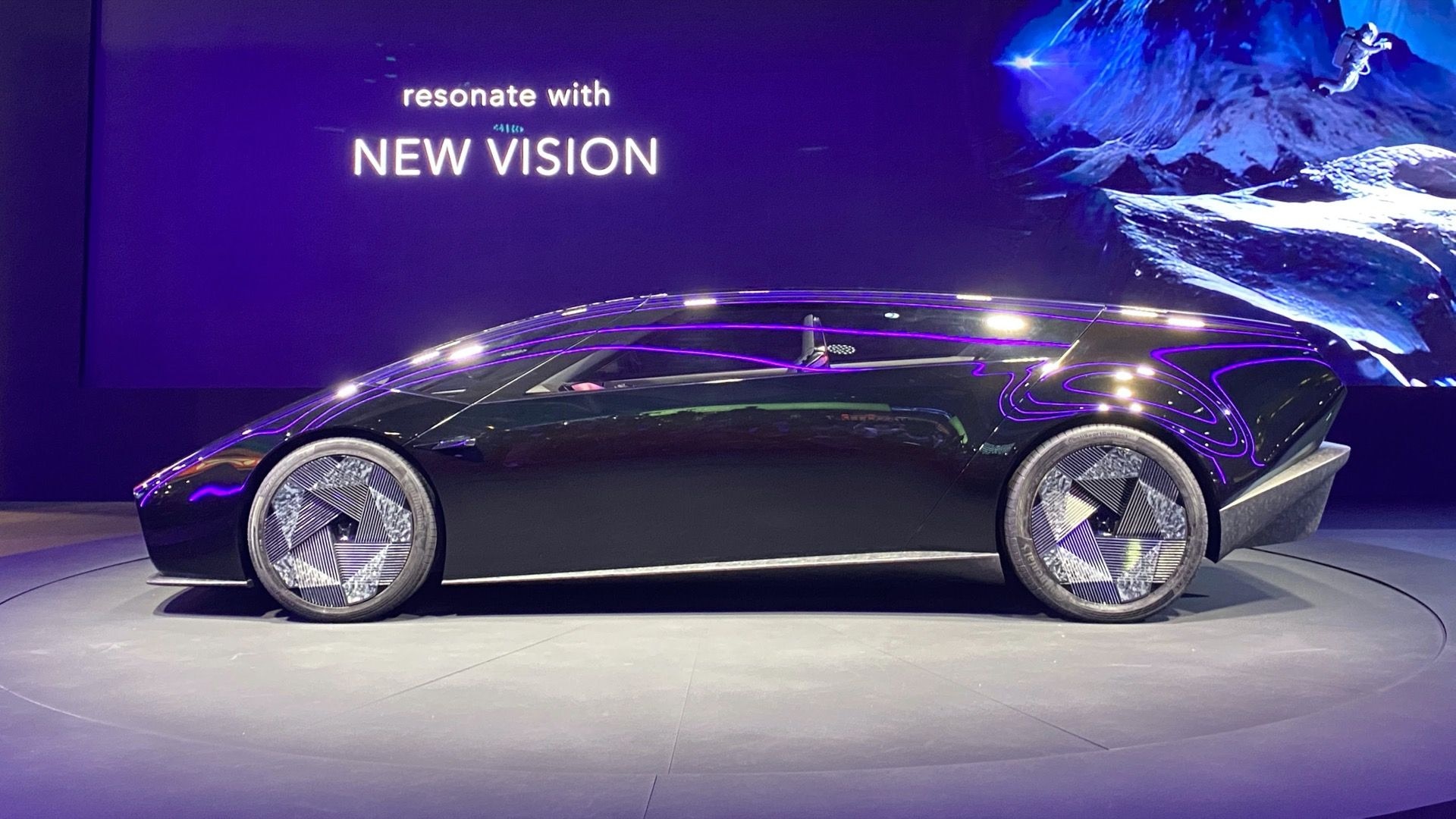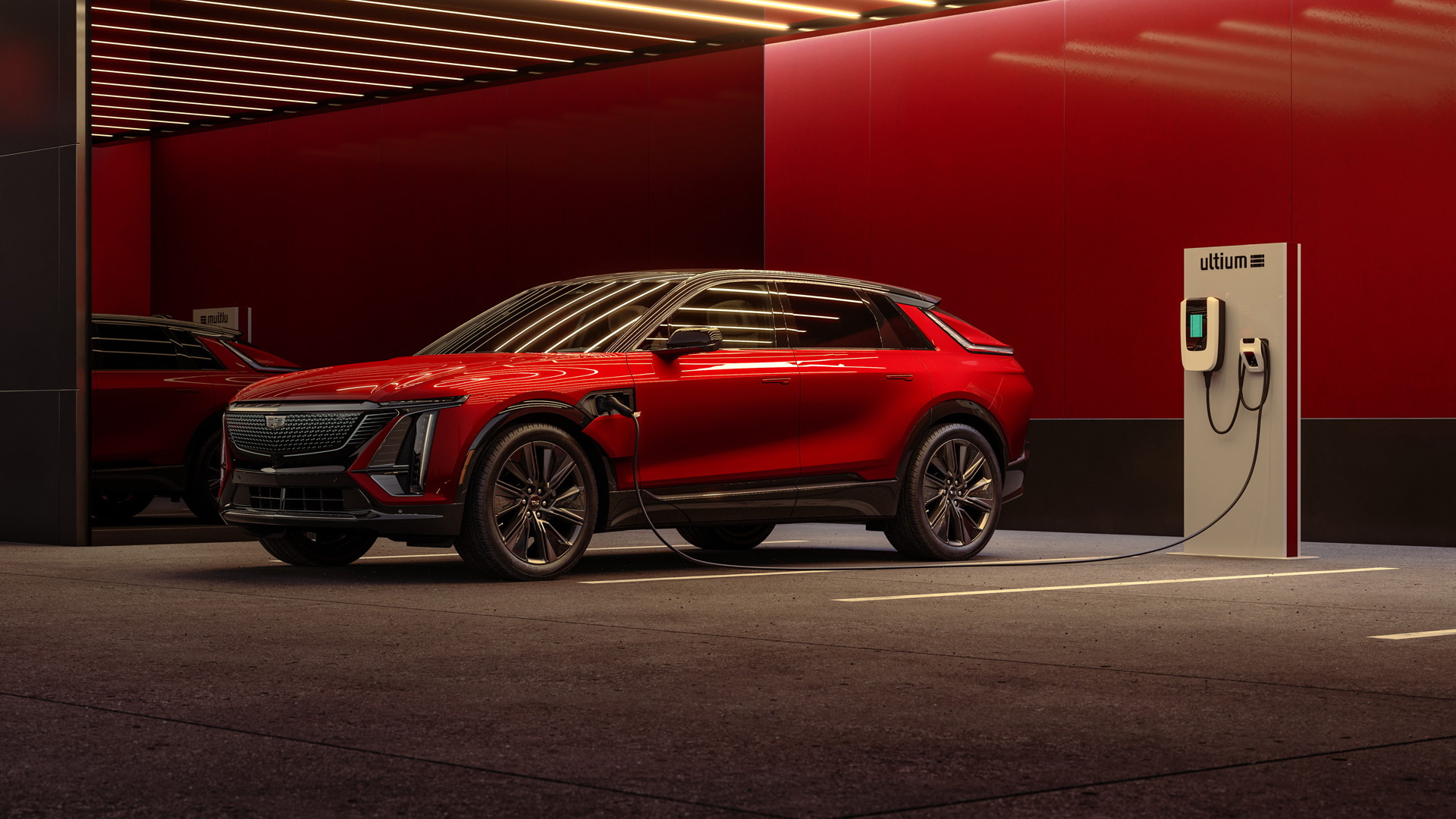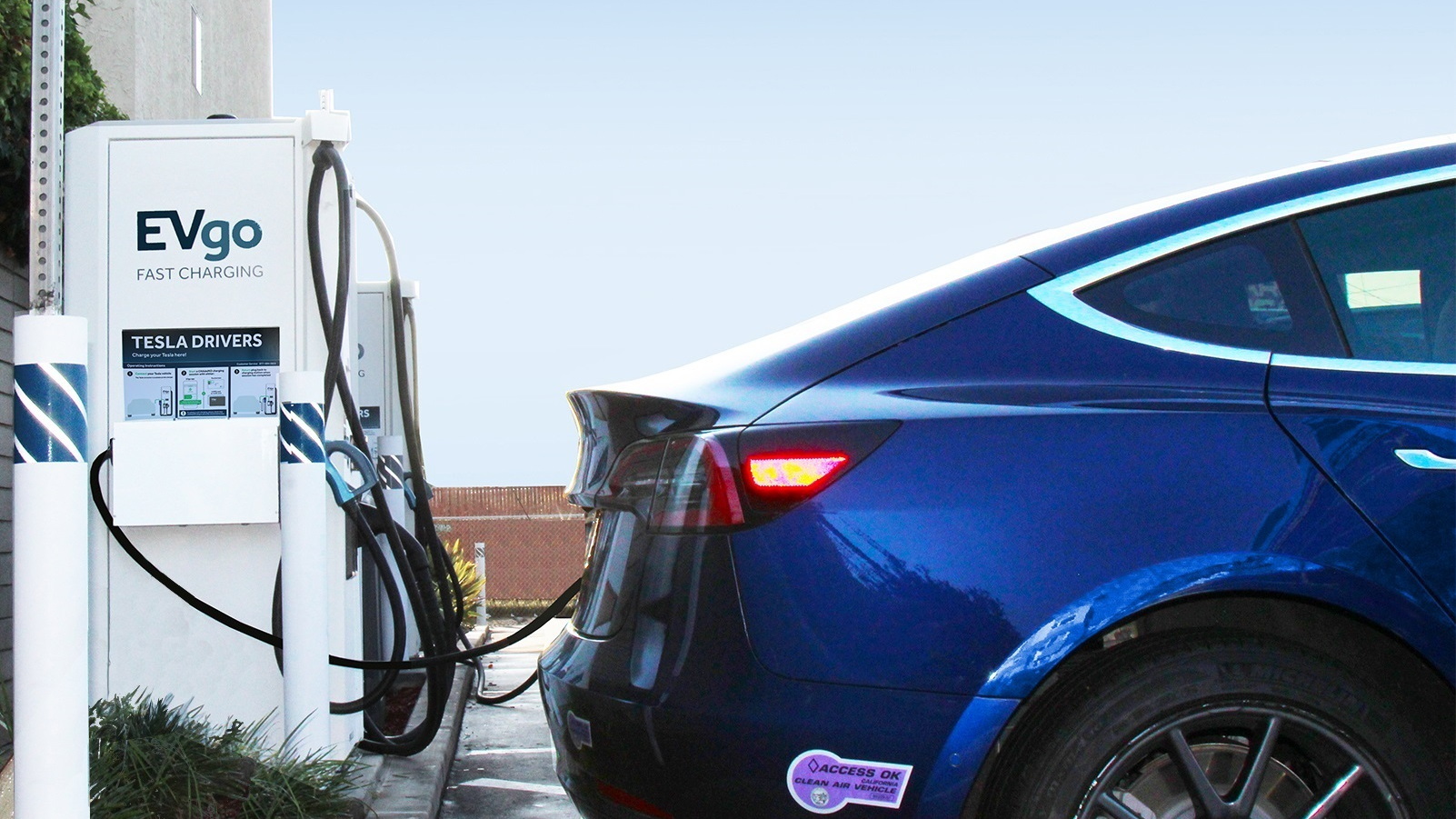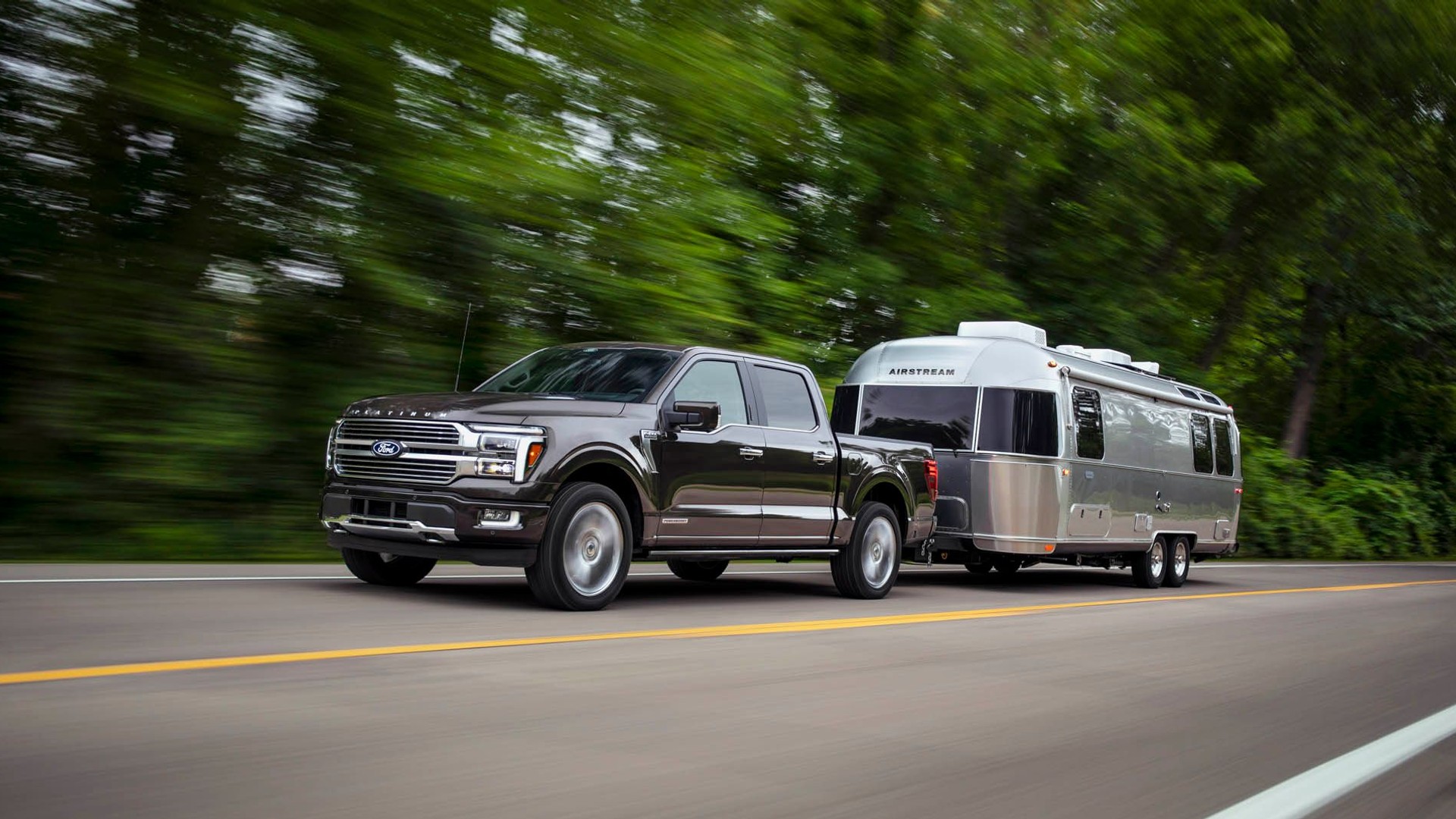The EPA on Monday proposed stricter emissions standards for commercial vehicles, but environmental groups believe the proposed rules don't do enough to emphasize electrification.
Set to take effect for the 2027 model year, the proposed standards would reduce nitrogen oxide emissions from trucks 60% by 2045, according to an EPA press release. The agency said this will cause up to 2,100 fewer premature deaths and lead to 18,000 fewer cases of asthma in children.
The EPA also proposed new greenhouse gas emissions standards for model year 2027 and beyond "for subsectors where electrification is advancing at a more rapid pace." That includes school buses, transit buses, commercial delivery trucks, and short-haul tractors, the agency said.
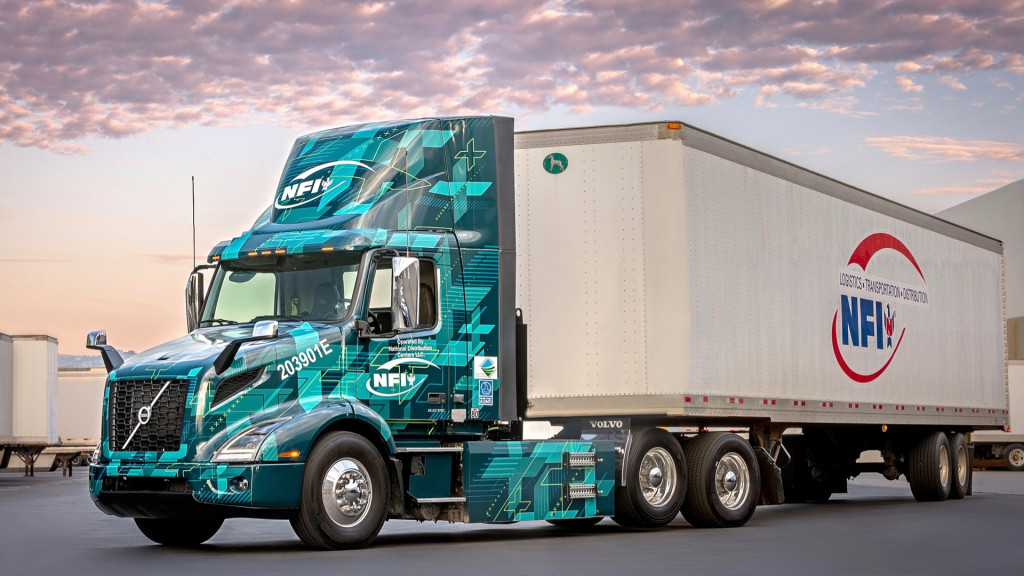
Volvo VNR Electric semi truck
Those will be followed by new emissions standards for heavy-duty trucks as soon as the 2030 model year, according to the EPA. These new standards "will more comprehensively address the long-term trend towards zero emissions vehicles across the heavy-duty sector," the agency said.
However, environmental groups claim the proposed standards should do more to encourage deployment of electric trucks.
"Today's EPA proposal and the administration's planned actions and investments are an important start," Peter Zalzal, senior counsel for the Environmental Defense Fund and associate vice president of Clean Air Strategies, said in a statement, "but they do not yet ensure levels of zero-emission vehicle deployment that are feasible and needed."
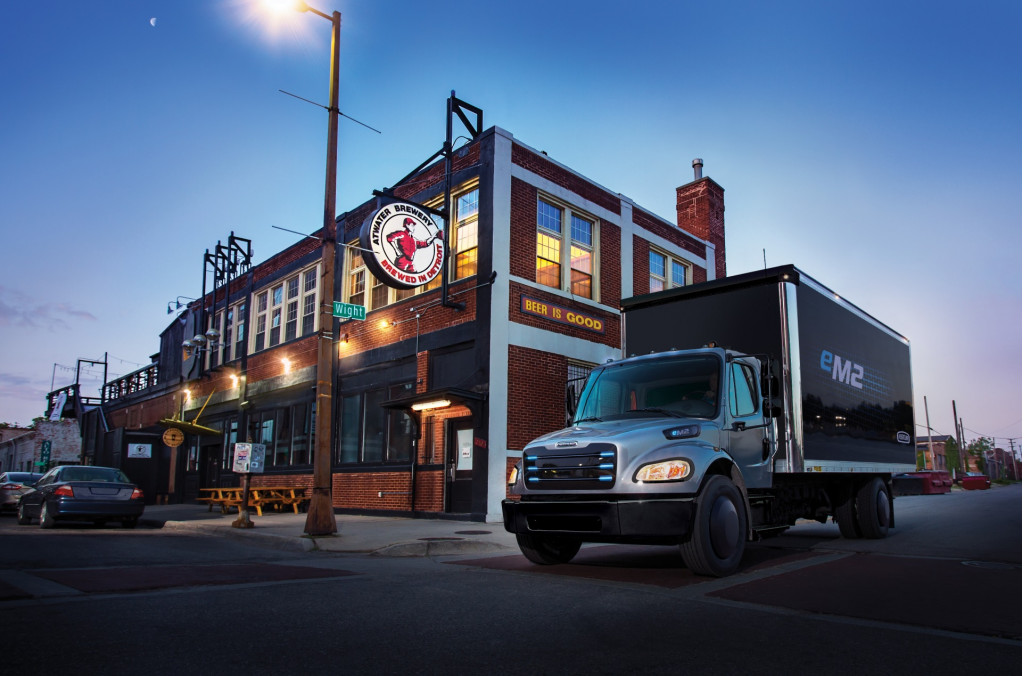
Freightliner eM2 electric truck
"The proposed greenhouse gas rule does the bare minimum to acknowledge zero-emission trucks," Johanna Chao Kreilick, president of the Union of Concerned Scientists, said in a statement, claiming the EPA is being pressured by truckmakers to establish weaker emissions rules.
Some groups are already criticizing the EPA's "mutiplier" given to truckmakers for selling electric trucks—far greater than the real-world emissions benefit, and allowing them to sell more dirtier trucks.
The EPA's proposal is also far less focused on zero-emission vehicle tech than California, which is mandating electric trucks starting in 2024. That will be backed by an infrastructure push around fuel-cell and megawatt charging tech. California is part of a coalition of 15 states and the District of Columbia aiming to require all new medium-duty and heavy-duty trucks sold in their jurisdictions to be electric by 2050.




